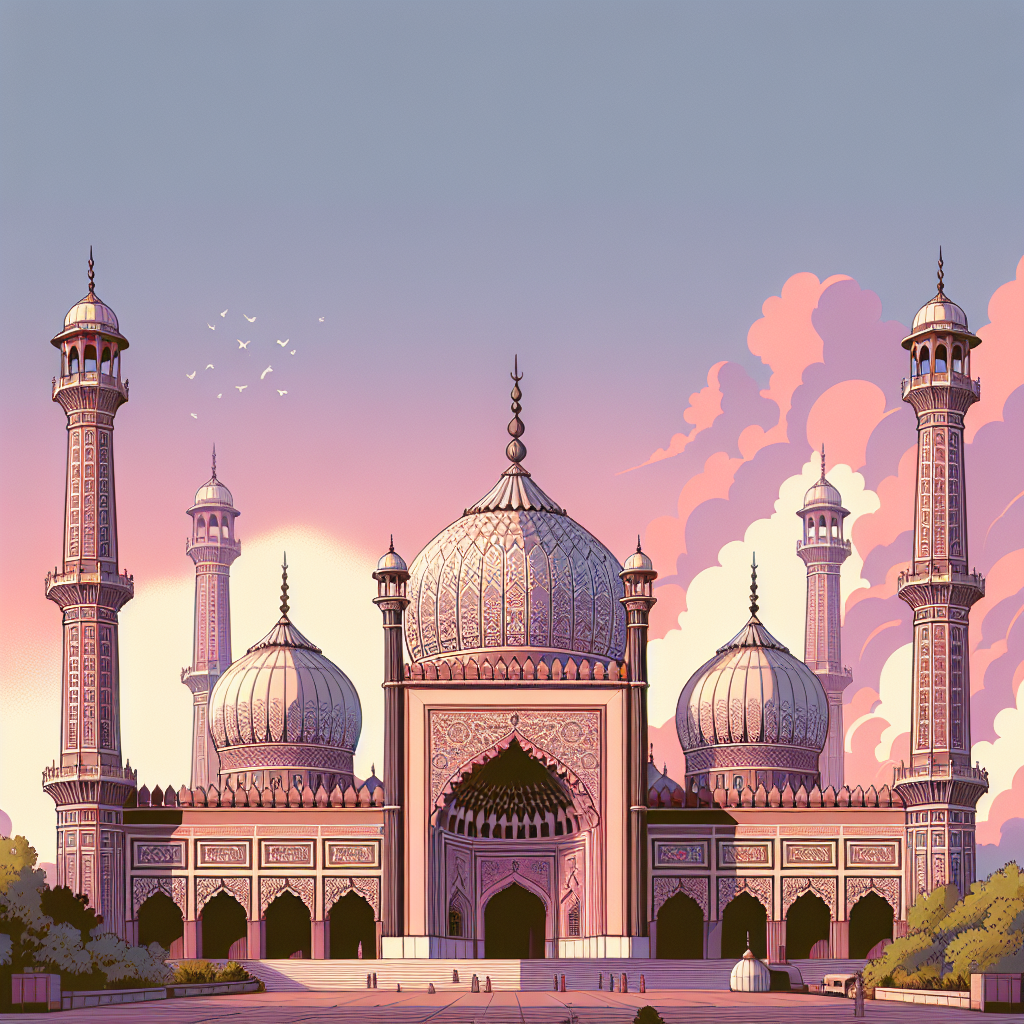Restrictions at Jamia Masjid Stoke Tensions in Kashmir
The Jamia Masjid in Srinagar was not allowed to hold congregational prayers, leading to house detention for Mirwaiz Umar Farooq. This restriction during Shab-e-Qadr and Juma-Tul-Vida has raised questions about the restriction of religious practices in Kashmir, despite claims of normalcy.

- Country:
- India
In a move that has raised eyebrows, congregational prayers were prohibited at Srinagar's historic Jamia Masjid on Friday, coinciding with the religious event of Juma-Tul-Vida. Mirwaiz Umar Farooq, Kashmir's chief cleric and Hurriyat Conference leader, was confined to house detention during this period, sparking widespread dismay and accusations of religious restrictions.
The closure of the grand mosque, a pivotal symbol of Kashmir's religious identity, was also enforced on Thursday night, a sacred occasion known as Shab-e-Qadr. Reflecting on the developments, Mirwaiz expressed frustration, highlighting the impact on countless devout worshippers looking forward to communal prayers during these blessed events.
Despite government claims of normalcy returning to the region, the decision to restrict access to Jamia Masjid has reignited debates over religious freedoms and governance. Mirwaiz challenged authorities to address what he termed as a significant injustice towards the Valley's Muslim community, questioning the motives behind targeting the mosque.
(With inputs from agencies.)










